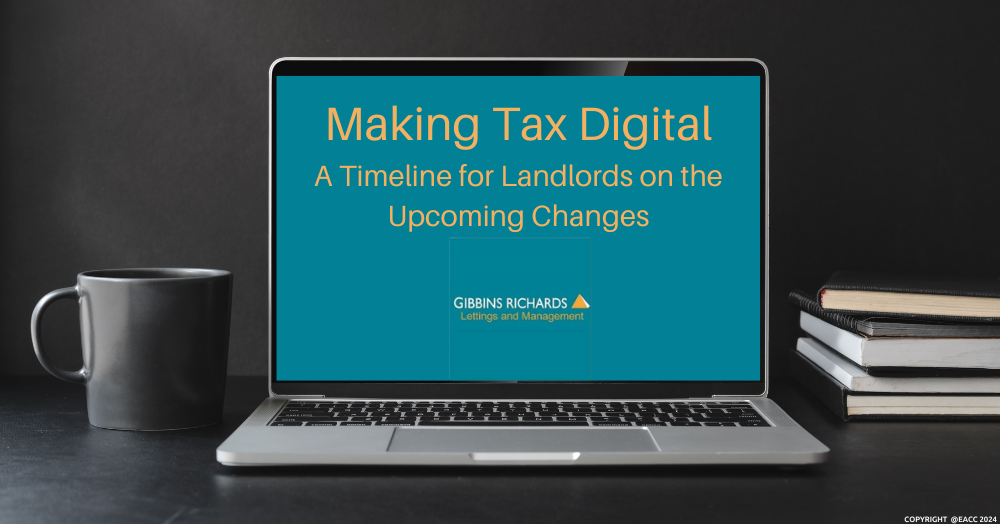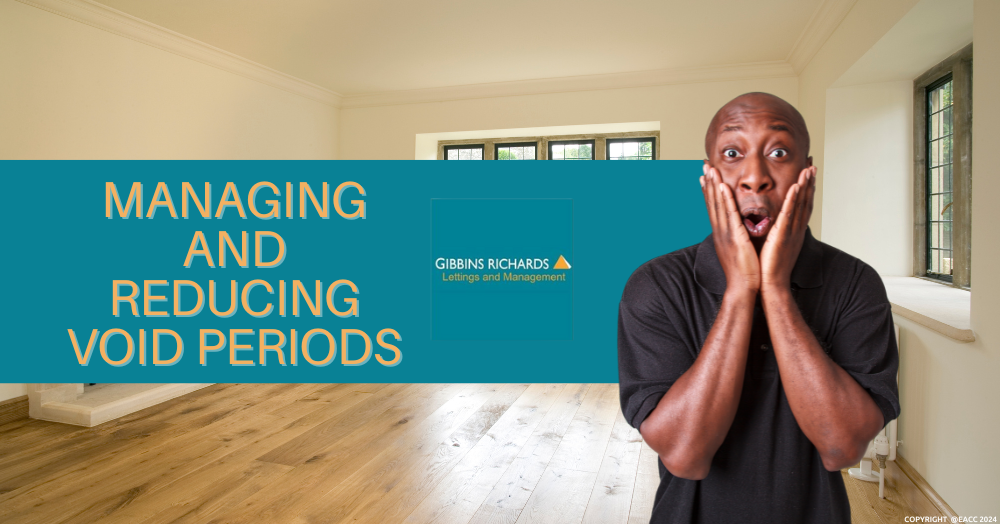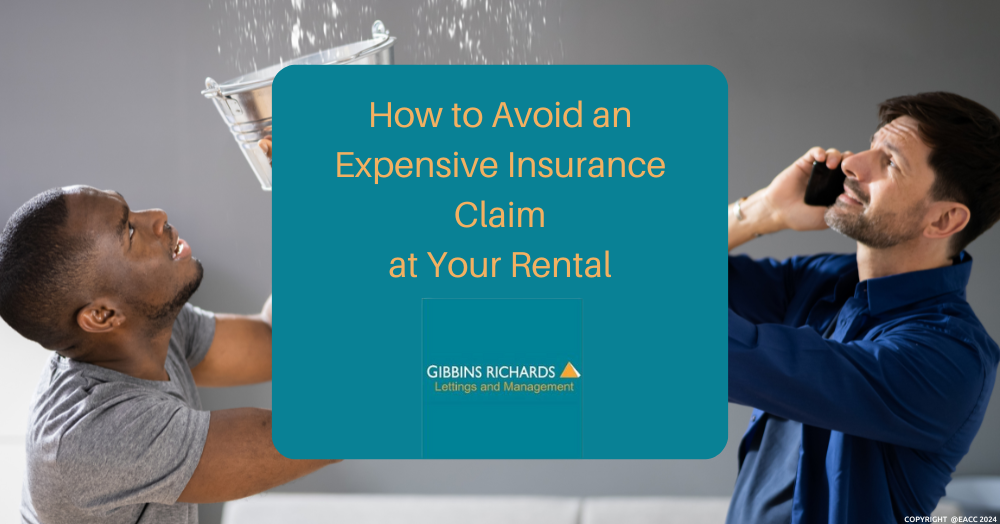Blog
- Details
- Hits: 40
Did you know that HMRC plans to introduce new rules on how landlords file their tax returns?
Here’s an update on what these changes involve and a timeline for when they’ll come into force.
Making Tax Digital (MTD) is an initiative designed to streamline the tax system by fully digitising it.
As MTD has been mooted for quite some time and its implementation delayed twice already, you may have already heard about it.
But if you’re hazy on the details or have buried your head in the sand about it because tax talk bores you silly, here’s a reminder.
MTD will require landlords and the self-employed to:
- Keep digital records of all income and expenditure.
- Send HMRC quarterly updates.
- Submit an end-of-year final declaration.
- Use approved third-party software when reporting to HMRC.
HMRC plans to phase in the new system gradually. The current timeline for MTD compliance is:
- 6 April 2026, if your annual business or property income tops £50,000.
- 6 April 2027, if your annual business or property income tops £30,000.
There is no news yet about those with incomes below £30,000, but no doubt that will come later.
What happens to landlords who don’t comply?
HMRC has concocted a (somewhat convoluted) points-based penalty system for people who fail to comply. If, for example, you submit incorrect information or don’t use the appropriate software, you’ll accumulate points. When you accrue a certain number of points, you’ll be fined. The more points, the bigger the fine.
Will MTD have a significant impact on landlords?
A well-organised landlord who already maintains digital records may just have to check if their software is MTD compliant and adjust to more regular reporting deadlines.
However, if you’re the kind of person who always has a last-minute panic when your tax return deadline looms, and files receipts down the back of the sofa, you’re in for a big change.
Whichever category you fall into, it’s worth thinking about MTD now. Even though its introduction is still some way off, the deadlines will come around quickly enough.
Also, it can take time to implement a new system, and you may need to purchase new software. As you accumulate points for every error in your reporting, the number of fines you rack up could quickly grow if you’re sloppy.
Many landlords find going digital with their accounts a more efficient way to run their portfolios.
It means all relevant records are in one place and easily accessible, enabling them to monitor cash flow closely.
If you’d like more advice on preparing for MTD, please contact us here at Gibbins Richards Lettings and Management Ltd today.
- Details
- Hits: 47
Owning a rental property isn’t just about what happens while tenants are in place; effectively managing periods when your property is unoccupied is equally important.
Every landlord faces void periods as a natural part of property letting, making it essential to prepare financially and strategically to manage its impact.
Void periods mean not only the loss of rental income but also the burden of continuing to pay the mortgage, utilities (including standing charges) and council tax without money coming in from tenants.
It was once common for local councils to offer a grace period for council tax on empty properties, but with budget pressures, these reliefs are increasingly rare.
Here are some ways you can manage and minimise void periods.
- Financial preparedness: Always have funds set aside to cover expenses during unoccupied periods.
- Council tax awareness: Stay informed about your local council’s policies on empty properties to budget effectively.
- Proactive maintenance: Use the notice period to enhance the property and carry out any necessary decorative or remedial works to bring the property back up to scratch and make it more attractive to future tenants.
- Insurance considerations: Ensure your insurance covers void periods and consider additional policies for longer voids.
Tips to protect your property investment
- Continuous maintenance: Keep your property in top condition to attract and retain tenants.
- Be responsive: A good relationship with your tenants can encourage longer stays.
- Professional assistance: Consider employing a letting agent to manage the property, especially if you’re short on time and need an experienced expert.
- Seasonal planning: Recognise the challenges of letting during quieter periods, such as Christmas, and plan accordingly.
At Gibbins Richards Lettings and Management Ltd, we’re here to help landlords thrive, offering comprehensive property management services to minimise void periods and maximise your rental yields.
Get in touch to learn more about how we can help you.
- Details
- Hits: 64
What’s the most common reason for landlords finding themselves in hot water and needing to make an insurance claim?
The answer, according to one insurance company* at least, is ‘escape of water’. This term covers everything from burst pipes and defective washing machines to leaky loos and dripping taps.
In a recent report, the firm revealed that 35.5% of all claims paid to landlords were related to water damage.
And while most claims totalled a few thousand pounds**, some were for much, much more. (Spare a thought for the landlord who had to claim £145,000 after a slow leak in the bathroom rotted the floor of the entire building.)
So, what can landlords do to reduce the risk of leaks, burst pipes and other water-related damage?
Here are some top tips.
- Encourage tenants to report problems as soon as they notice them so you can rectify them promptly.
- When carrying out inspections, don’t forget to check for leaks, including subtle signs such as marks appearing on the ceiling.
- Be particularly vigilant if you have an ageing property.
- Replace washers on dripping taps.
- Remember that when pipes freeze, they’re more prone to bursting. Cover pipes in outdoor areas and colder parts of your rental with lagging to prevent this.
- At the start of a tenancy, show your tenants where the stopcock and fuse box are located. If there’s a leak, they should turn the mains water off at the stopcock. Once they’ve done this, they should switch off the electricity supply.
- If you have an old water storage tank, insulate it with a ‘hot water jacket’.
- Keep gutters and drains clear of leaves and debris.
- Schedule your annual boiler service in your calendar so you don’t fall behind.
- If a tenant is going away on holiday, ask them to turn off the stopcock. In winter, suggest they programme the heating to come on each day to prevent the pipes from freezing.
- Ensure your landlord insurance is up to date.
If you’d like to learn more about how we can help manage and protect your property, contact us at Gibbins Richards Lettings and Management Ltd today.
* Source: Total Landlord insurance.
** The average burst pipes claim through Total Landlord insurance was £2,596 between 2019 and 2023.
- Details
- Hits: 76
If you’ve just inherited a rental property, then you may be wondering what your options are.
While you won’t need to make any decisions on the spot (it usually takes many months to settle an estate), it’s good to start thinking about the issues you’ll have to address in time.
The first is what you intend to do with the property. Assuming you don’t want to move in yourself, your options are to:
- Continue to rent the property out. That way, you’ll earn a monthly income and have a long-term investment that you could later pass on to your family.
- Sell the property and use the funds to pay debts, invest or spend how you wish.
Let’s look at what each scenario involves.
Renting out an inherited property
It’s important to understand that there’s more to being a landlord than simply collecting monthly rent.
You must follow hundreds of rules and regulations and ensure your tenants have a safe place to live.
Don’t be intimidated by this. Many accidental landlords – that’s the term for people who become landlords through circumstance rather than design – go on to stay in the private rental sector long term.
But especially in the early days, they get a letting agent to manage their property instead of jumping in at the deep end and drowning in red tape. Having an experienced professional onside to help you learn the ropes can be a lifesaver.
A good letting agent will explain how to inform your tenants that you’re the new owner. (You can’t turn up onsite unannounced.)
They’ll also advise you about landlord insurance, maintenance and buy-to-let mortgages (if applicable).
Selling the property
If you choose to sell, you must decide whether to proceed with the tenants in situ or with the property as a vacant possession*.
There are pros and cons to each of these options.
Conducting viewings can be more complicated with tenants in the property. You need to notify them 24 hours in advance of a viewing, and they can refuse.
And some buyers prefer a vacant property so they can move in on day one without any restrictions.
However, a tenanted property can be an appealing prospect for a landlord looking to expand their portfolio, especially if the tenant is long-standing and reliable.
Also, it means you can proceed with the sale faster as you don’t have to navigate the eviction process.
Don’t rush your sale
You may be tempted to offload to a quick-buy company that offers to take the property off your hands with little fuss.
Be aware that if you go down this route, you’ll most likely get far less than you would by going with a traditional estate agent. While you may feel tired and emotional right now, you might regret short-changing yourself later.
Tax implications
Whether you opt to keep or sell the property, speak to a good accountant or financial adviser.
They’ll explain the inheritance and capital gains tax implications of your decision. And if you rent the property, they can also advise on the most tax-efficient strategies regarding income tax.
If you’ve just become an accidental landlord, contact us here at Gibbins Richards Lettings and Management Ltd. We’re here to help.
*Note: You must follow strict procedures to evict the tenants; these rules also apply if you plan to move into the property yourself.
- Details
- Hits: 105
There are five fundamentals to consider when thinking of buying a rental property.
Whether you’re a seasoned investor or taking your first step into the rental property market, make sure you understand what makes a place a good investment.
Here are five points to consider carefully:
Location, location, location
The age-old mantra is as relevant as ever. A property’s location can significantly impact its desirability and, consequently, its value. Look for areas with strong growth potential, good infrastructure and accessibility to amenities like shops, good schools and public transport. Up-and-coming neighbourhoods or those in the regeneration process may offer particularly attractive opportunities.
Rental yield and capital growth
A savvy investor knows the importance of balancing immediate returns with long-term gains. Rental yield – the annual rent collected as a percentage of the property’s purchase price – is a key metric for assessing an investment’s profitability. Equally important is capital growth, or the potential for the property’s value to increase over time. Researching historical price trends in the area can provide insights into future growth prospects. A good estate agent can help you with this.
Property condition and maintenance
The state of the property can significantly influence your investment’s success. A well-maintained property can attract higher rents and more reliable tenants, reducing the likelihood of costly repairs and vacancies. Consider the property’s age, the condition of significant things like roofing and plumbing, and any immediate renovations required.
Market demand and tenant appeal
Understanding the local rental market and what tenants in the area are looking for can help you choose a property that stays in high demand. Factors such as the property’s size, layout and features should align with the preferences of your target tenant demographic, whether they’re students, families or professionals. Again, this is an area of your research where an experienced local estate agent can be of massive value to you.
Financial considerations beyond the purchase price
The initial cost is just the beginning. When calculating the overall investment, savvy investors factor in additional expenses such as tax, insurance, management fees and maintenance costs. Being mindful of these outgoings ensures you have a realistic expectation of your net return.
Property investment requires a considered, strategic approach informed by careful research and a clear understanding of your financial goals.
Working alongside trusted advisers like mortgage brokers and estate agents can improve your chances of success.
By focusing on these five fundamentals, you’re not just buying property but investing in a future of potential growth and income.
Get in touch with us today if you have any property investment questions.
*Disclaimer: The information in this article does not constitute legal or financial advice.














